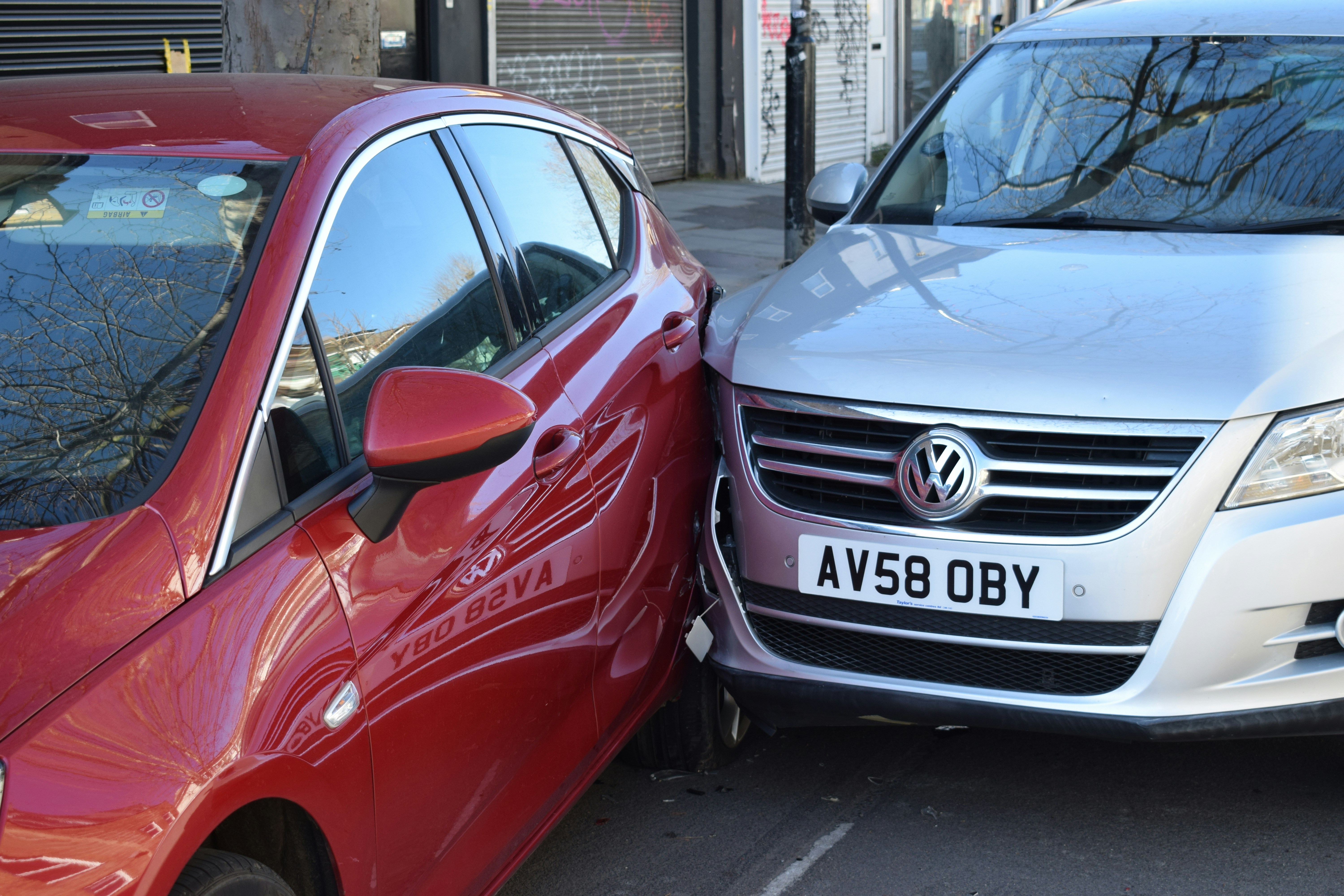Immediate Steps to Take After Being Hit by a City Bus
Getting struck by a city bus while simply walking can be a jarring and disorienting experience, leaving victims unsure of their next steps. Such incidents raise immediate concerns about personal safety, potential injuries, and crucial legal steps that might follow. This article explores the legal recourse available to those affected, common injuries sustained in bus accidents, and who might be liable for damages.
Understanding liability is vital, as multiple parties could be involved, from the city itself to private companies operating under municipal contracts. Knowing who to hold accountable and how to proceed with legal action can significantly impact your potential compensation outcome. This blog will guide you through identifying liable parties, the process of filing a lawsuit against the city, and the importance of securing a knowledgeable personal injury attorney.
Navigating through the complexities of suing a city or negotiating a settlement requires clear legal guidance and strategy. With insights into recovering financial compensation and professional advice accessible here, you will be better equipped to make informed decisions regarding your situation. Whether you seek justice, compensation, or both, read on to discover what steps to take if you've been unfortunate enough to be hit by a city bus.
Can I Sue the City If I Was Hit by a City Bus?
Being hit by a city bus can be a terrifying experience. If you are a victim, you may consider suing the city for damages. However, it is crucial to understand the procedural requirements and deadlines involved.
- Filing a Notice of Claim: You must file a notice of claim with the city within a specific timeframe. Missing this deadline may forfeit your right to pursue legal action.
- Statute of Limitations: Each state has a statute of limitations for filing a lawsuit against the city. Adhering to these deadlines is imperative.
- Types of Damages: States often limit the types of damages you can claim, especially for pain and suffering, unless you have severe injuries.
- Establishing Negligence: Proving negligence might involve showing inadequate training, poor maintenance, or unsafe practices.
- Thorough Investigation: Determine accountability through an investigation that may involve the bus driver, transportation authority, and other parties.
Navigating these complex legal waters may require an experienced bus accident attorney. An expert can help ensure maximum compensation for your injuries.
Common Injuries in a City Bus Accident
City bus accidents can lead to a range of serious injuries. One common injury in these scenarios is traumatic brain injury (TBI). Such injuries often result in long-term cognitive issues, requiring extensive medical care and rehabilitation.
Pedestrians struck by a bus frequently suffer orthopedic trauma. This includes fractures and breaks that may need surgery and prolonged physical therapy. Lower extremity injuries, notably fractures and dislocations, are also prevalent due to the forceful impact.
Soft tissue injuries, like sprains and strains, occur often in bus accidents. These result from the impact stretching or tearing muscles, tendons, and ligaments. Additionally, back, neck, shoulder, and spinal cord injuries are typical. These may lead to permanent scarring or disfigurement.
Below is a table summarizing the common injuries:
- Traumatic Brain Injury - Long-term cognitive impairments
- Orthopedic Trauma - Fractures and breaks in bones
- Soft Tissue Injuries - Sprains and strains of muscles and ligaments
- Lower Extremity Injuries - Fractures and dislocations due to impact
- Back/Neck/Spinal Injuries - Can result in permanent scarring or disfigurement
Understanding these injuries can help in seeking appropriate medical and legal assistance.
Who Is Responsible for a City Bus Accident?
Determining responsibility in a city bus accident involves examining multiple parties. The transportation authority or agency operating the bus is a primary focus due to their duty to ensure safety. This includes maintaining buses, providing city bus driver training, and complying with safety regulations. If these areas show negligence, the organization can be held accountable. Public transportation settings are complicated by the involvement of various entities. This complexity requires a thorough understanding of urban environments and shared responsibilities. Sovereign immunity might limit suing a governmental agency, but some laws permit claims in cases where agency negligence leads to injury.
Who else besides the city might owe you damages?
In cases of city bus accidents, other parties besides the city may owe you damages. A private company contracted to run bus lines could be liable if their service is negligent. Insurance companies covering the city or other involved parties might also owe you compensation. However, these companies often try to minimize payments through negotiations. A privately-owned bus involved in the accident presents another potential source of liability. If the bus driver's negligence contributed to the incident, the driver's employer may owe you damages as well. Additionally, your own insurance coverage might offer some compensation for your losses.
Can you sue both a city and a private party?
Suing both a city and a private party is often possible in city bus accidents. Each type of lawsuit is different though. Suing a city requires following specific procedures and often a notice of intent to sue must be filed first. This process differs from suing a private individual or business, where procedures are generally more straightforward. It's important to have a lawyer experienced in claims against government entities to guide you through the unique steps involved. Legal counsel can help identify all potential liable parties to ensure you recover the maximum compensation for any injuries sustained. The expertise of an experienced attorney is valuable in navigating these complex claims and securing fair redress for the injured party.
Filing a Lawsuit Against the City
Filing a lawsuit against the city for a city bus accident involves several critical steps. First, you must establish negligence in the bus's operation or maintenance. This requires gathering evidence like surveillance footage and eyewitness testimony.
Meeting the notice-of-claim deadline and the statute of limitations is crucial. Missing these deadlines can jeopardize your case. Restrictions on damages often apply; for instance, states like Pennsylvania only allow pain and suffering damages in cases involving death or permanent injuries.
Consider these key points:
- Establish Negligence: Use evidence such as video footage and witness statements.
- Deadlines: Be aware of the notice-of-claim deadline and statute of limitations.
- Damages Restrictions: Understand the limitations on damages in your state.
- Multiple Parties: An investigation may involve drivers, maintenance contractors, and other responsible parties.
A thorough investigation is necessary to identify and apportion blame. This may involve multiple parties, making it crucial to hire an experienced attorney who can navigate these complexities.
Recovering Financial Compensation in a Claim or Lawsuit
Recovering financial compensation after a bus accident is not limited to covering medical bills. It also includes lost earnings and other financial impacts from injuries. Insurers often offer low settlements initially. That's why consulting with a personal injury attorney is crucial before accepting any offers.
To successfully claim or sue, proving negligence on the part of the city or its entities is crucial. This involves collecting evidence like footage and eyewitness testimonies. Calculating damages includes incidental costs such as hiring help for household duties when you can't perform them.
Below are steps to take when pursuing a claim:
- Consult a Personal Injury Attorney: They help navigate complex cases.
- Collect Evidence: Gather footage and testimonies.
- Calculate Damages: Include lost earnings and other incidental costs.
- Prove Negligence: Establish direct connection to injuries.
- Negotiate Settlement: Aim for maximum compensation.
Understanding municipal liability complexities and gathering comprehensive evidence are essential to proving the city's negligence. This leads to a successful recovery of compensation for the injured party.
Why You Need a Personal Injury Attorney if You're Hurt by a Bus
If you've been hit by a city bus, hiring a personal injury lawyer is a crucial step in safeguarding your rights and securing compensation. Here's why:
- Understanding the Legal Maze: Navigating a lawsuit against a city involves specific legal processes and strict deadlines. An experienced lawyer is essential for this complicated task.
- Investigating the Accident: A skilled attorney will investigate the bus accident details to determine liability. They will identify all potentially responsible parties for your injuries.
- Maximizing Compensation: Legal professionals can pursue compensation for medical expenses, lost earnings, and pain and suffering. They know how to ensure you get what you deserve.
- Negotiating with Insurance Companies: Attorneys will handle negotiations with insurance companies. This ensures you receive a fair settlement or representation in court.
- Establishing Negligence: Understanding municipal liability is crucial when dealing with a government entity. Lawyers can help establish negligence, which is vital in these cases.
Here's a quick look at what an attorney covers:
Tasks of a Personal Injury Attorney:
- Navigating legal processes
- Investigating details
- Negotiating with insurers
- Establishing negligence
- Pursuing fair compensation
Hire a personal injury attorney to guide you through these challenges and secure your future.





